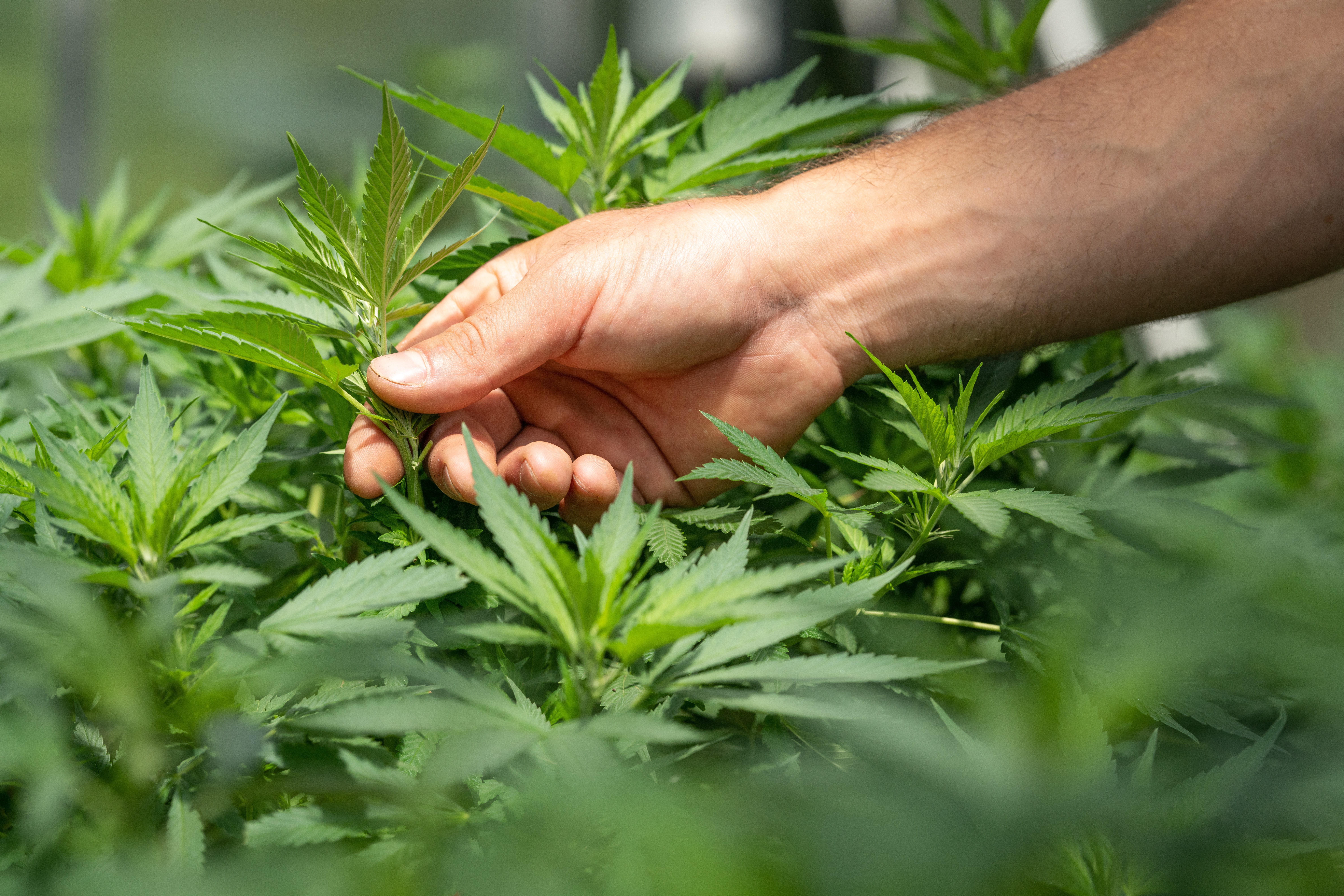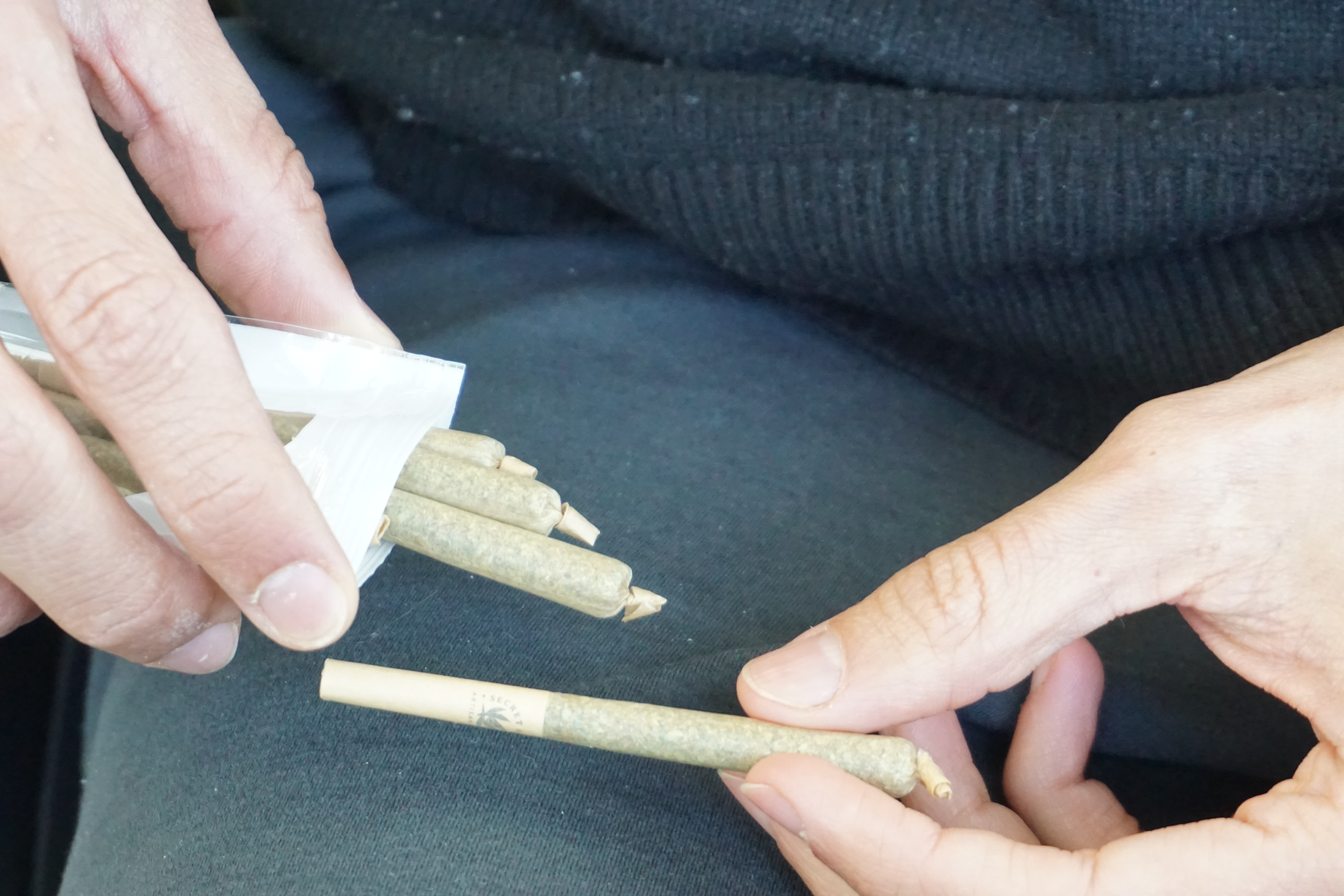Cannabidiol, also known as CBD, has been rising in popularity throughout the years due to its health benefits. It can help alleviate pain, reduce anxiety, insomnia, and even relieve some cancer symptoms. One can even use CBD on pets to help increase appetite, help alleviate seizures, and more. Even with its health benefits, some concerns have come to light on whether CBD is legal, especially in Canada, a country that allows the sale of Cannabidiol products. This may be because CBD is one of the most abundant ingredients in cannabis, more commonly recognized as marijuana, a recreational drug known for making sure its users experience psychedelic hallucinations.
According to the Alcohol and Drug Foundation or ADF, there are two main ingredients in a cannabis plant. One is tetrahydro cannabidiol (THC) and cannabidiol (CBD). With both of these ingredients in mind, the chemical compound that makes a person "high" is THC due to it having strong psychoactive effects. CBD, on the other hand, is non-psychoactive and does not cause a person to become impaired.
Even so, does CBD being a non-psychoactive chemical automatically make it legal? What restrictions and rules must one follow before purchasing CBD? Read more to find out.
Is CBD Legal in Canada?
With the connection between CBD and cannabis, it is not a surprise to see doubts on whether CBD and selling it is legal. Fortunately, under the Cannabis Act, the purchase of cannabis —no matter the amount of THC content — is entirely legal in Canada. This includes CBD products as long as the manufacturers and retailers are licensed.
But how did the relation to marijuana cause doubts? This is because the legalized use of cannabis was not well known before. In the 1920s, a known influence of the illegalization of cannabis may be due to Emily Murphy, a women's rights activist who wrote a book about Canada's drug trade. The Black Candle, one of her works, mentioned how people who consume cannabis "are liable to kill or indulge in any sort of violence" and can "become raving maniacs." Until recently, there was a social aversion to cannabis as it was considered a substance detrimental to society.
With the help of research and innovation, scientists and researchers have identified the numerous benefits of CBD. The human body also produces a molecule similar to cannabinoids, commonly known as Endocannabinoid System or ECS, a nerve-signaling system in the body that maintains emotional, physiological, and cognitive stability. Research suggests that CBD interacts with the Endocannabinoid System, producing therapeutic effects linked to CBD.
With the benefits of cannabidiol in the body, researchers have also concluded that CBD is generally safe to use. However, it is recommended to consult a doctor before using CBD, especially if you plan to use it alongside other medications.
The Cannabis Act
The legalization in purchasing CBD is all thanks to the Cannabis Act. According to AGCO, or the Alcohol and Gaming Commission of Ontario, the Cannabis Act is the "legal and regulatory framework for controlling the production, distribution, sale and possession of recreational cannabis in Canada." The purpose of it is to ensure that those underage do not have access to cannabis, ensuring profits are not in the hands of criminals, and allowing adults to have access to legal cannabis, protecting the safety and health of the public in the process.
Regulations and Restrictions
Like any law, specific regulations and restrictions are created for the people to know what they should do and the limitations one must have in purchasing cannabis. With the goal of the Cannabis Act, it is prohibited to sell, distribute, or involve people under the age of 18 to cannabis.
In purchasing CBD products, the Cannabis Act limits how much you can buy. It is stated in the act that the restriction of cannabis possession is equivalent but not more than 30 grams of dried cannabis. A gram (1g) of dried cannabis when converted to other CBD products are the following:
- 5 grams of fresh cannabis;
- 15 grams of its edible product;
- 70 grams of its liquid product;
- 0.25 grams on liquid or solid concentrates; and
- 1 seed of the cannabis plant
In public health and medicine, access to medical cannabis is allowed for those who have their healthcare provider's consent.
In terms of purchasing cannabis or products containing it —such as CBD —, it is illegal to transport such products across the Canadian border even with the following considerations:
- No matter the amount of cannabis you have with you;
- Even if authorized to use CBD or cannabis for medical purposes; and
- Even if traveling from or to a country, state, or municipality where cannabis is legal or even decriminalized.
But what if you are entering the Canadian borders and have CBD or Cannabis with you? You must declare these to the Canada Border Services Agency to be guided on what to do.
Criminal Penalties
Cannabis offenses focus on acts that are outside the legal framework. Penalties range from receiving a warning, a ticket or prosecution and imprisonment depending on how severe the violation is.
Possession over the limit, illegal sales or distribution, and producing cannabis beyond the required limits can range its penalties from a ticket to 5-14 years in prison.
Other Offenses under the Cannabis Act can give an offense up to 14 years in jail:
- Producing cannabis with organic solvents;
- Taking cannabis or cannabis-related products across Canadian borders;
- Selling or providing cannabis to people under the age of 18; and
- Committing a cannabis-related offense using a youth.
Tips in Purchasing CBD
In purchasing CBD in Canada, here are a few tips that can help along the way:
- Order CBD products from a licensed CBD retailer.
- Understand the difference between THC and CBD oil.
- THC oil is made out of Tetrahydrocannabinol, a compound found in cannabis that produces psychoactive effects in the body and can result in a user feeling "high." On the other hand, while derived from cannabis, CBD oil does not produce a "high" effect but rather an aid to make you feel relaxed and used for other health benefits for humans and animals.
- Search for a CBD product with third-party testing before you purchase.
- CBD products that have health claims should be avoided. This is illegal in Canada.
Conclusion
Thanks to the Cannabis Act, not only is cannabis legal to be bought or sold in Canada, but as well as compounds that make up cannabis such as CBD. And you can easily purchase CBD products in stores and even online.
Along with the openness of the Cannabis Act, there are regulations we must still follow on who can make, sell, and buy CBD or cannabis-related products. As long as these laws are followed, expect merry shopping with CBD! And remember to consult your doctor for additional healthcare advice on what CBD products you should look for.





